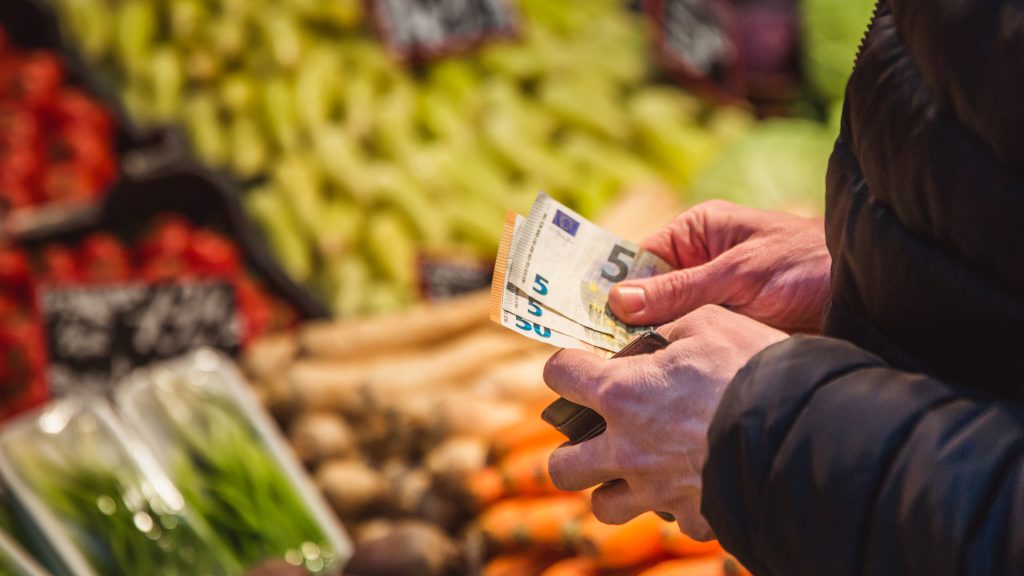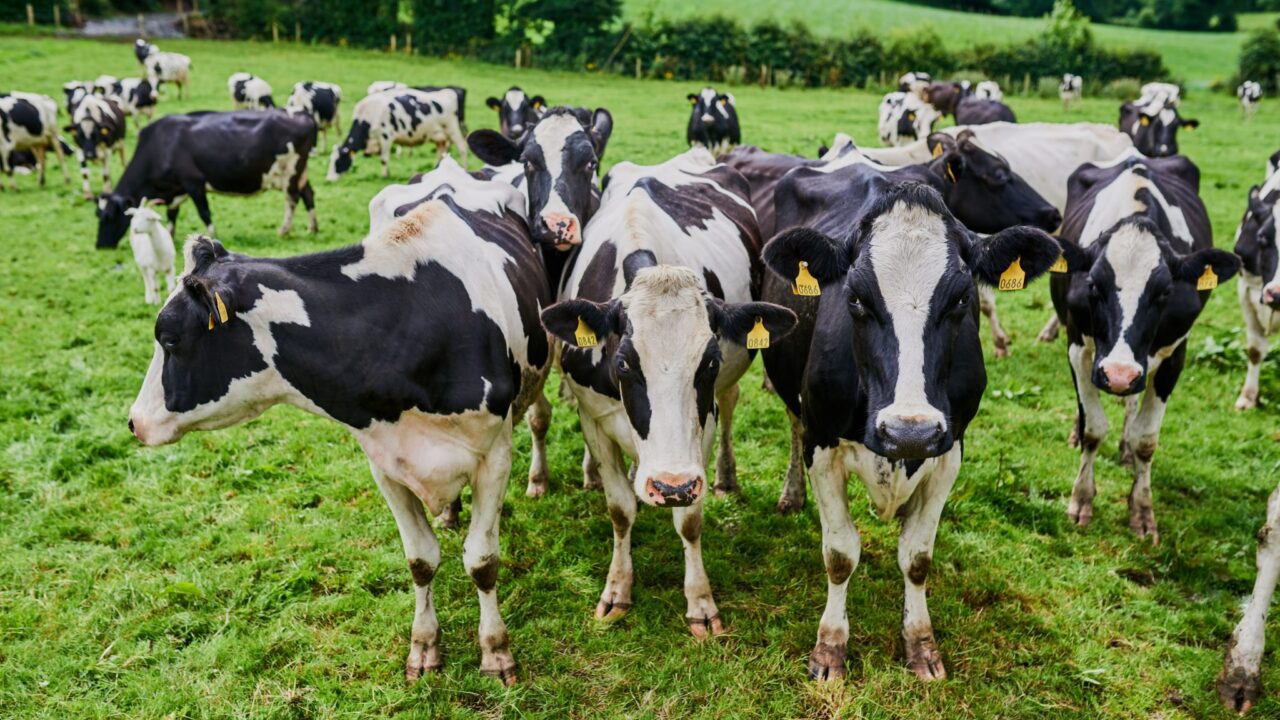If there was a theme to Methane Connect in Paris this week, it was multi-pronged solutions.
Across several talks, pitches, and panel discussions, over 20 speakers from the worlds of agriculture, food production, and academia discussed methane, dairy production, and the numerous benefits of tackling the dairy industry’s problems head-on.
Methane was the entry point for discussions at yesterday’s (November 19) event, which then branched out into related topics such as climate action, soil health, animal welfare, and farm resilience.
Farm to milk
In the first talk, ‘From Farm to Milk: Methane reduction in a broader sustainability lens’, the speakers included dairy farmers and livestock consultants.
Highlights of the talk included a video of Belgian farmer Peter Bauwens of Bauwens-Muys Farm.
In the video and in person, he discussed how growing his own fodder (grass, clover, field beans, fodder beet) reduced emissions.
Livestock expert James Husband demonstrated how farmers can measure the efficacy of different methane-lowering-methods via Map of Ag. Like a live spreadsheet, the software measures numerous cattle variables at once.
Joe Wannop, of Wannop Farms in the north-west of England, talked about attention to detail, and how a well-structured feeding system helped with both sustainability and productivity.
Funding change
The following talk, ‘Funding Change: Making methane reduction economically viable’, delved deeper.
Robert Puller of ForFarmers, a feed company, argued that efficient nourishment offers “a return on investment” when it comes to safety of livestock.
There was also input from Sarah Colombie, an agronomist at the financial institution BNP Paribas, who discussed the link between financial viability and sustainability.
She said: “All the value chain has to be involved in [environmental] change.
“Agriculture is able to make a natural-based solution.”
BNP Paribas, incidentally, set the objective of supporting its customers in their low‑carbon transition for a total amount of €200 billion between 2022 and 2025.
The talk also looked at how more sustainable options often require investment, but passing that cost onto consumers and supermarkets does not always work.

Pierre Weill, of agricultural cooperative Bleu Blanc Coeur, said that the willingness of consumers to pay for sustainability is “nearly zero”.
However, he added that consumers will pay more for a better product:
He said: “Taste and nutrition win.”
Weill also said that more conscientiously sourced food is both more nourishing and tastes better.
“What’s good for the planet is good for me,” he said.
Weill pointed out that, like many environmental pursuits, methane reduction sometimes has initial costs, but these often pay dividends for the planet and on balance sheets.
Other highlights
Later in the day, Methane Connect presented a series of four-minute pitches with the theme ‘Innovation in Action’.
Hattie Bracey, a PhD candidate at University of Glasgow, shared insights from her customer food survey.
Her findings showed that taste is key, and customers preferred the taste of milk from cows who had been fed linseed.
Additionally, most respondents said that they would pay more for better-tasting milk.

This backed up Pierre Weill’s earlier claim that customers might not pay more for sustainability, but would fork out for a better taste.
Towards the end of the day, there were some case studies on producers and food companies working in collaboration.
Among other examples, Laura Le Bastard of Danone talked about how the food giant has a fund to help their dairy farmers implement methane-reducing techniques.
Hope for the future
Pierre Weill concluded the day with a summary of what was discussed and his own observations, based on over thirty years studying dairy farming.
He said that methane and dairy farming have been part of our lives for a long time, but now there are positive steps in making the practise sustainable.
He also argued that an effective approach should be holistic – benefitting the livestock, the farms they live on, and the people who consume the nourishing dairy.
Across the day, there was frequent talk of how environmental efforts had a positive, wide-reaching effect.
Research has shown that properly cared-for cows produced less methane and were healthier, happier, and more productive.

